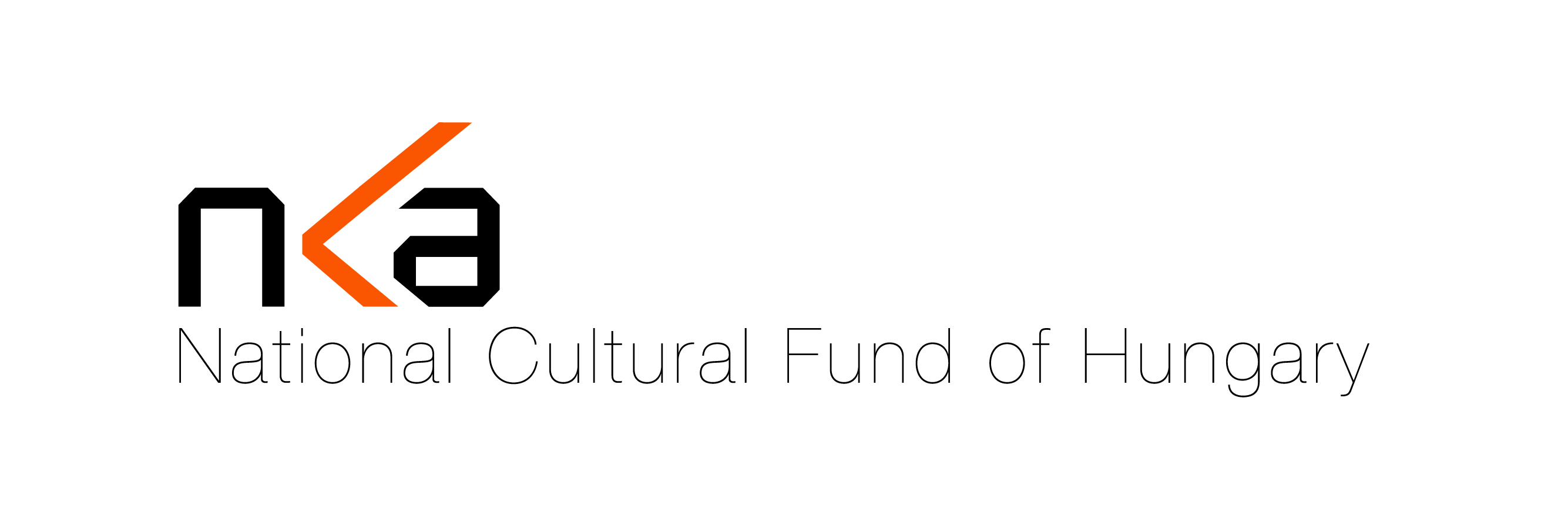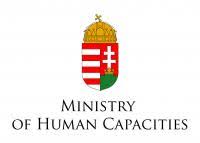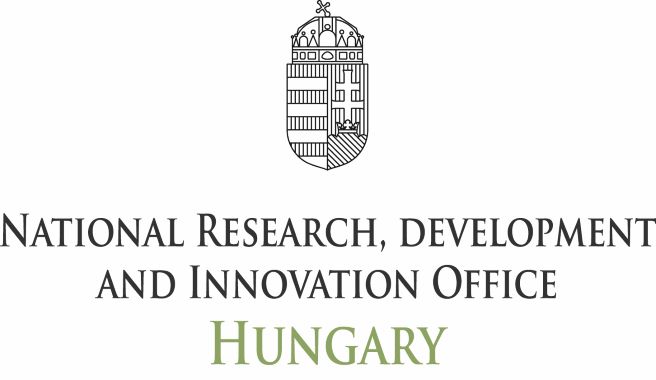Zoltán Kodály about Béla Bartók
”[...]in the course of forty years’ joint work with another man, one grows into a kind of bridge with two pillars, and if one of the pillars collapses, then the whole structure will stagger, and it takes a long time for the balance to be restored.” (Béla Bartók, the Man 1946 – Zoltán Kodály: Selected Writings, Corvina Press 1974) (Bartók Béla, az ember 1946)
”We were close friends and we worked for the same purpose, many years together, but it is also an interesting proof that everybody reacts to the same folk song material in his different way. We were inspired by the same music, of the Hungarian folk and also some neighboring peoples, but as composers you can hardly find a greater difference between two personalities. We sucked the same mother’s milk but we developed it very differently.” (Kodály’s original English) (Conversation with Judith Nesleny, KMAX Radio Station, California 1966 – Bulletin of the International Kodály Society 1982/2) (A zeneoktatás társadalmi jelentőségéről – Nyilatkozat, Los Angeles 1966)
(about Bartók:) ”when two people have the same inspiration they work it out quite differently. The results are quite different.” (Kodály’s original English) (Questions and Answers – Congregation of the Arts, Dartmouth College, Hanover, New Hampshire 1965 – Zoltán Kodály: Writings on Music Education 2019, published by Liszt Academy) (Kérdések kereszttüzében – Közönségtalálkozó a Dartmouth College-ban 1965)
”As far as my relationship with Bartók is concerned, I can only say that from the moment I recognized his genius, I felt it my duty to do the utmost to pave his way, and remove all obstacles for him. For this reason I always avoided competing with him, I always tried to do something other than he did. When we received the commission for the anniversary of the unification of Pest and Buda, I asked him what he had in mind. He said he was going to write a dance suite, and so he composed the Dance Suite. I was also thinking of dances, of the Marosszék and Galánta Dances; however, since he was working on dances I chose a different subject: Psalmus (Psalmus Hungaricus). The poem of Psalmus was not known to anyone other than the philologists. This is how it turns out, that the threads one follows in life, even unconsciously, nevertheless intertwine somewhere in the end. If I had not studied the old Hungarian literature, I would never have written Psalmus, because I wouldn’t have come across its text.” (Reminiscences 1963) (Emlékek 1963) (Translation by the author of the publication)
Béla Bartók about Zoltán Kodály
”Kodály is one of the most outstanding composers of our day. His art, like mine, has twin roots: it has sprung from Hungarian peasant music and modern French music. But though our art has grown from this common soil, our works from the very beginning have been completely different. [...] it is precisely this essential difference, which comes to light as a completely new and original way of musical thinking, that makes his musical message so valuable. [...] I do not esteem Kodály as the best Hungarian musician because he is my friend; but he has become my one and only friend because (apart from his wonderful human qualities) he is the best Hungarian musician. That it was I and not Kodály who realized the profit of this friendship merely proves once more his magnificent ability and self-effacing selflessness. In my career, which has not exactly been free from struggle, he has always stood by me bravely and openly, and has never spared trouble to further my success. It is to his astonishingly sure and swift critical faculty that I owe the final form of any number of my works, more perfect than the originals. [...] Kodály is our greatest Hungarian composer-pedagogue!” (Béla Bartók: Zoltán Kodály 1921 – ’Tempo’ magazine, No. 63, 1962-1963, Cambridge University Press) (Bartók Béla: Kodály Zoltán 1921 – first published in the literary journal ’Nyugat’ 1921 – Bartók Béla válogatott írásai, Művelt nép 1956)






